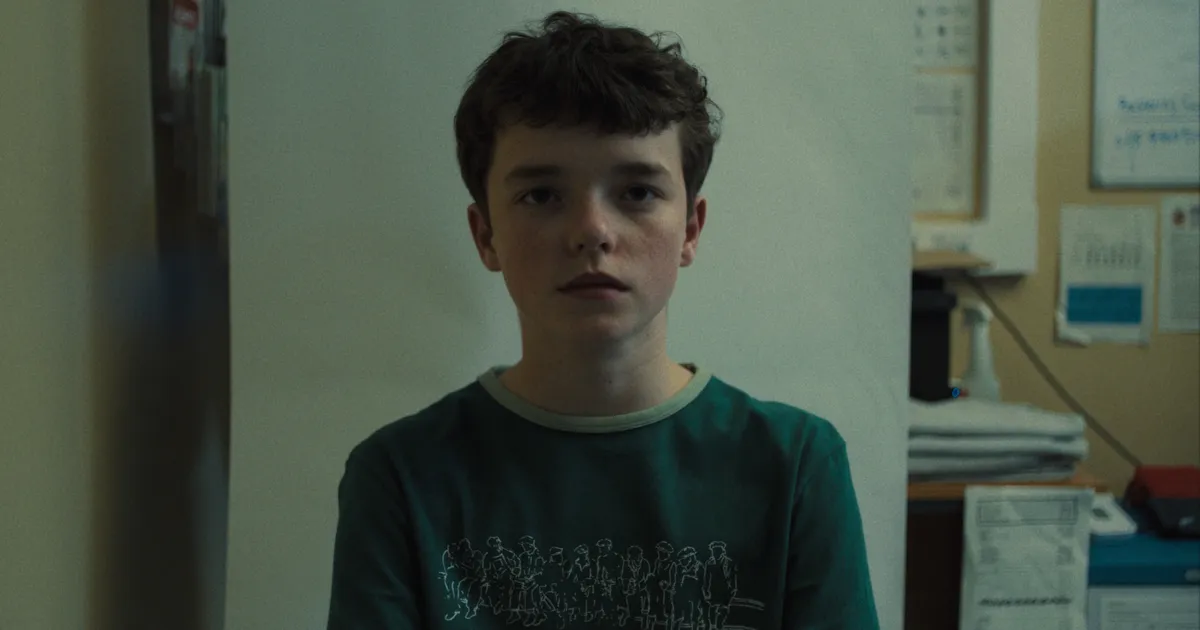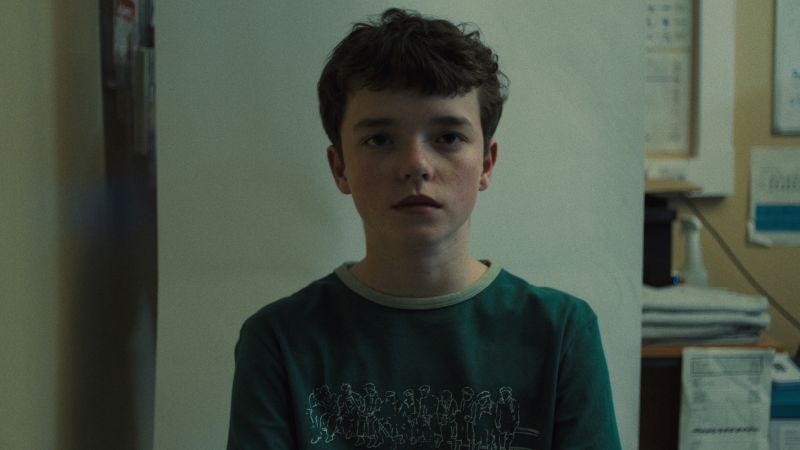Netflix's 'Adolescence' Sparks Global Conversation on Youth Culture and Male Violence
The miniseries 'Adolescence' dives into the impact of social media and masculinity on young boys today, prompting vital discussions among parents and audiences.
Subscribe to unlock this story
We really don't like cutting you off, but you've reached your monthly limit. At just $3/month or $30/year, subscriptions are how we keep this project going. Start your free 7-day trial today!
Get Started
However, its focus on a recurring epidemic in youth culture does give the show an opportunity for another go.
Will There Be An Adolescence Season 2?
 New York Post·1M·Mostly ReliableThis source is generally reliable but sometimes includes opinion, propaganda, or minor inaccuracies.Leans RightThis outlet slightly leans right.
New York Post·1M·Mostly ReliableThis source is generally reliable but sometimes includes opinion, propaganda, or minor inaccuracies.Leans RightThis outlet slightly leans right.
What some people outside of the U.K. don’t understand, however, is that a series like Adolescence isn’t the exception to the rule for Graham — it’s closer to the norm, and goes back to his formative influences.
'We've Got to Start Talking About This': Stephen Graham on Making 'Adolescence'
 Rolling Stone·1M·Mixed ReliableThis source has a mixed track record—sometimes accurate but also prone to bias, sensationalism, or incomplete reporting.LeftThis outlet favors left-wing views.
Rolling Stone·1M·Mixed ReliableThis source has a mixed track record—sometimes accurate but also prone to bias, sensationalism, or incomplete reporting.LeftThis outlet favors left-wing views.
That disconnect is at the heart of “Adolescence,” which since its premiere has viewers talking about young men’s attitudes toward women, incel culture, smartphone use and more.
Teenage boys are in crisis. The creators of Netflix’s ‘Adolescence’ want adults to pay attention
 CNN·1M·ReliableThis source consistently reports facts with minimal bias, demonstrating high-quality journalism and accuracy.Leans LeftThis outlet slightly leans left.
CNN·1M·ReliableThis source consistently reports facts with minimal bias, demonstrating high-quality journalism and accuracy.Leans LeftThis outlet slightly leans left.
Summary
Netflix's 'Adolescence,' a four-part miniseries, examines the complexities of young male identity, social media influence, and subsequent violence. Co-created by Stephen Graham and Jack Thorne, the series received positive reception for highlighting key societal issues such as incel culture and bullying. Its nontraditional filming approach, using continuous shots, adds depth to the storytelling. Graham emphasizes the need for open conversations between parents and children regarding mental health and societal pressures. As its popularity rises, calls for a continuation of the series grow, reflecting its resonance with audiences worldwide.
Perspectives
No center-leaning sources available for this story.